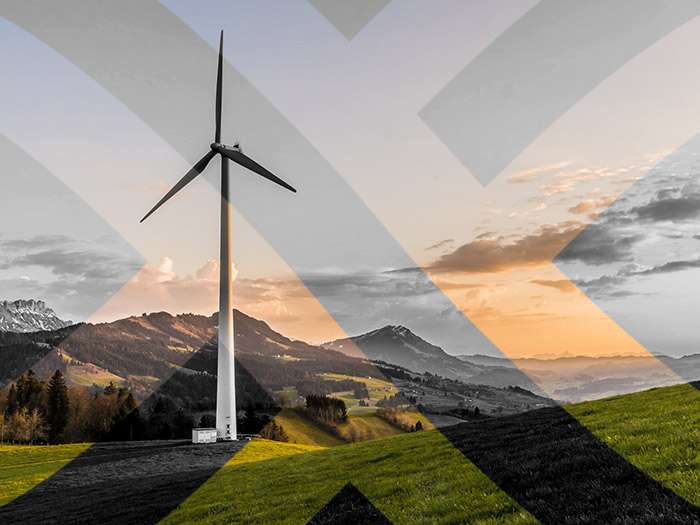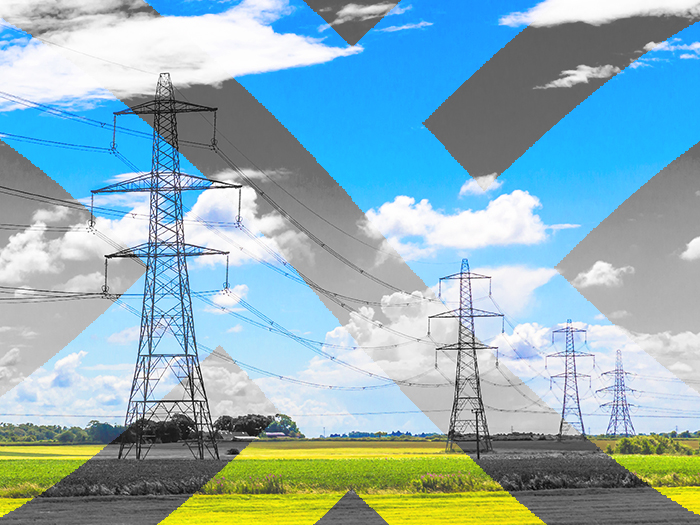News
better business decisions
Posted 1 year ago | 5 minute read

REGO certificate transfer deadline approaching!
As sustainability becomes an increasing concern to businesses, many organisations are looking at ways to decarbonise their operations. But businesses only have until 1 July to use Renewable Energy Guarantees of Origin (REGO) as a means to demonstrate the percentage of electricity sourced comes from renewable technologies.
What is the REGO programme?
With more and more businesses looking to reduce their carbon footprint, companies are taking positive steps forward to meet the government’s “net zero by 2050” target. For many companies, the simplest way to start your reduction is buying your energy from renewable sources.
To do so, you can choose a renewable electricity supply, backed by Renewable Energy Guarantee of Origin (REGO) certificates, or EU GoOs (the European equivalent of a REGO). Both are examples of Renewable Energy Certificates (RECs) which guarantee that your supplier will source your electricity from renewable generation.
In the UK, REGOs are predominantly used for Fuel Mix Disclosure statements by energy suppliers, while larger companies utilise them for Environmental, Social, and Governance (ESG) reporting to validate their renewable energy consumption. Choosing a supplier with the appropriate REGO certificates therefore enable companies to demonstrate their commitment to sustainability, which can be beneficial to their brand or corporate social responsibility strategy.
How does it work?
The REGO scheme was created to clearly show how much of an energy supplier’s energy comes from renewable sources such as wind, solar or hydropower. Ofgem gives every energy generator one REGO certificate for every 1MWh of renewable energy they generate.
At the end of the financial year, all REGOs issued will be listed in the Ofgem Renewable and CHP Register allocated to the supplier that held them at that point. Claiming REGOs is the responsibility of the generating station, and the certificates can be claimed, transferred, redeemed, or retired through the Renewables and CHP Register. These certificates, when can then be purchased, are considered proof that the unit of energy covered by the REGO come from renewable sources. There is no fixed price for a REGO, and their value depends on market demand.
To acquire REGO certificates, the process involves applying through Ofgem’s Renewables & CHP portal and accrediting your site as a generating station. Applications for accreditation under the scheme are made via the Renewables and CHP register. For generators to receive certificates, generation data must be submitted via the register.
Once issued, certificates can be transferred to other account holders on the Renewables & CHP Register, including energy suppliers, independent companies, or REGO traders. REGOs can be sold either as part of a power purchase agreement (PPA) or in a separate agreement. The choice depends on various factors, and the transfer of REGOs to the buyer is facilitated through the Renewables and CHP register.
When should REGOs be transferred?
Typically, generators are requested to provide REGOs by the end of April each year.
Energy suppliers must declare their electricity supply composition in the Fuel Mix Disclosure statement, necessitating the inclusion of all purchased REGOs in their account by 1 July. Ideally, all REGOs from the April-March period should be transferred to suppliers by the end of the following April, ensuring they have all purchased REGOs for the Fuel Mix Disclosure submission by 1 July.
Failure to claim or transfer REGOs within the specified timeframe on Ofgem’s portal results in non-payment. Hence, it is crucial to complete the claim and transfer process promptly.
Benefits for your business
By taking advantage of purchasing a REGO-backed supply, it increases your environmental credentials whilst providing you peace of mind that your energy is being sourced from renewable sources. This is one of the cheaper ways you can further your carbon reduction initiatives and doesn’t require you to change your business operations or infrastructure.
- Emission reduction and reporting: Your business can effectively minimise its carbon footprint by adopting a power supply that is 100% renewable. This enables you to report zero carbon emissions within Scope 2, specifically related to the electricity you purchase.
- Transparent sustainability: Your commitment to sustainability can be openly demonstrated to customers through the Ofgem register, which is accessible to the public. While your organisation’s name might not be explicitly listed, the supplier details can be traced back, allowing stakeholders to identify your business’s sustainability efforts.
- Enhanced environmental credentials: Opting for a REGO-backed supply not only boosts your environmental credentials but also assures you that your energy is sourced from renewable sources. This cost-effective approach enables you to advance your carbon reduction initiatives without necessitating changes to your business operations or infrastructure.
At GridBeyond, we can support your business to access the REGO market and ensure the best price for the certificates.
What are the alternatives to REGOs?
Businesses that want to make a proven and meaningful reduction in their carbon emissions might consider alternative ways of sourcing their energy.
For example, more and more businesses are exploring technologies to generate their own electricity supply. Others, meanwhile, are investigating the benefits of direct trading with a power purchase agreement (PPA) where energy generators and consumers are matched up based on their supply and demand. If an organisation is making a true commitment to zero carbon emissions, then REGOs are likely to play a smaller part. To truly operate with carbon neutrality 24/7, renewable technologies will need to be paired with energy storage and state-of-the-art energy optimisation to match supply and demand in real-time.
At GridBeyond, we can guide you through a net-zero strategy, signposting the best technologies to reduce your carbon from day one. We also have several options to help you access “additional” REGOs with both on-site and off-site solar.

Building Net Zero
The path to net zero starts with accurate carbon accounting. But evaluating your performance can be challenging owing to the complexity of collecting and reporting on emissions data from multiple sources and changing standards for disclosures.
Learn more








